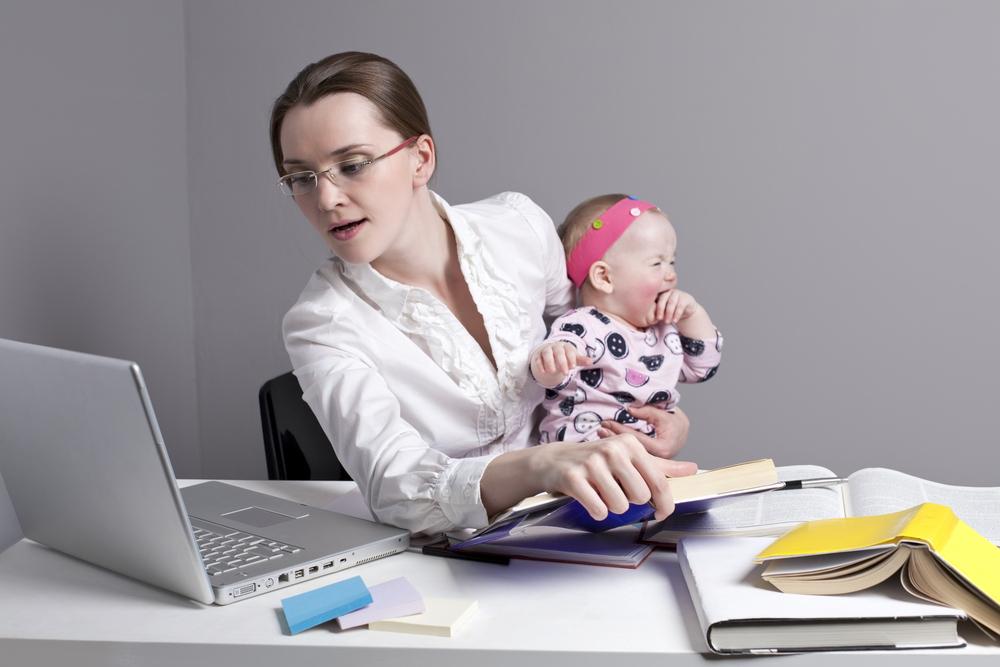After the birth of a child, many women switch to part-time work, believing that in this way they can combine both family and work. In fact, they themselves do not notice how they are trapped. Working mothers are torn between a career and raising children, which in the end often leads to a fiasco in both areas.

Michelle Obama's Experience
In 2018, the former first lady of the United States released her memoirs, in which she talked about her work experience after the birth of her daughter Malia. A few months after the birth of the baby Michelle went to work part-time at the University of Chicago. She thought that such employment would allow her to achieve the optimal balance between career and family life, but the reality turned out to be tougher than expected.
At work, Michelle had to attend all meetings and perform the same duties as before. The load remained the same, but wages decreased by half. At home, the former first lady felt remorse that she spends time not with her daughter, but is engaged in work. And this, despite the fact that the family was a nanny! What can we say about women who are forced to pull everything on their fragile shoulders.

Expert opinion
Laura Vanderkam, author of “I Know How Successful Women Do It,” spoke with 100 working mothers. Not only that, she asked them to keep diaries and note the amount of time they devote to work. As a result, it turned out that the schedule of women who work part-time is the same as that of their colleagues who work full time. And sometimes even more stressful. Accordingly, the representatives of the fair sex have a feeling that they are spinning, like squirrels in a wheel, but do not have time.
Joan Williams, professor of law, founding director of the Center for Work Life Law at the University of California, agreed with Vanderkam’s findings. She identified several pitfalls that impede a woman's career after giving birth. Here are some of them.
Irresponsibility
Moms who worked in low-paid jobs were forced to agree on the transition to part-time employment. Instead of helping and supporting them, employers stigmatized these women as unreliable and irresponsible mothers who "have children, but they cannot or do not want to take care of them." Any talk of moving to a more flexible schedule or remote work was perceived with hostility.

Biased attitude
Even after working mothers were allowed to go on a part-time basis, they began to be too biased towards them. For some reason, doubts arose about their professionalism and ability to cope with familiar duties. Williams gives an example of the story of a woman who, after the birth of a child, went to work part-time. If earlier, when she didn’t do something, she had difficulties, the employer considered it justified (admitted that the task was really difficult), then in the new schedule any oversights were immediately attributed to the fact that she works part-time. As a result, her competence as an employee was compromised.

Career for men
Surprisingly, this attitude is formed only in relation to women. For example, as a result of surveys, it turned out that men, leaving maternity leave, often received an increase, while women went on a decrease.For some reason, a working father is regarded by employers as a reliable, honest and decent employee, and a working mother is considered as an irresponsible and selfish lady who thinks about a career instead of taking care of her child. This is such an inequality, despite the fact that feminism is being promoted in the world.
